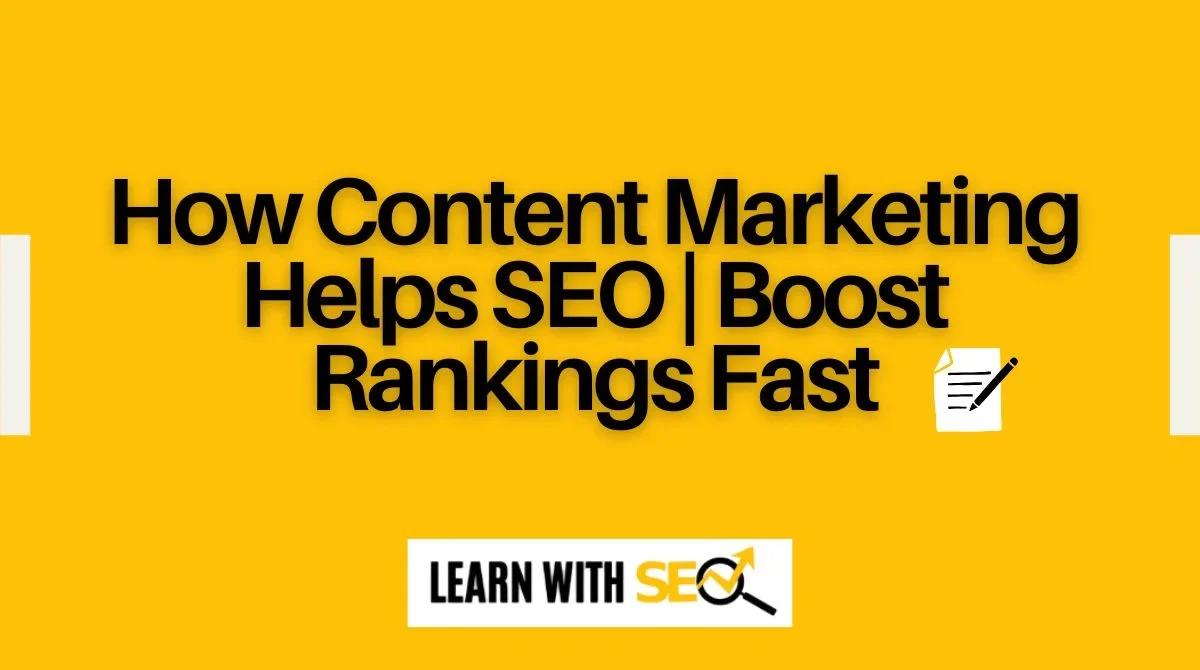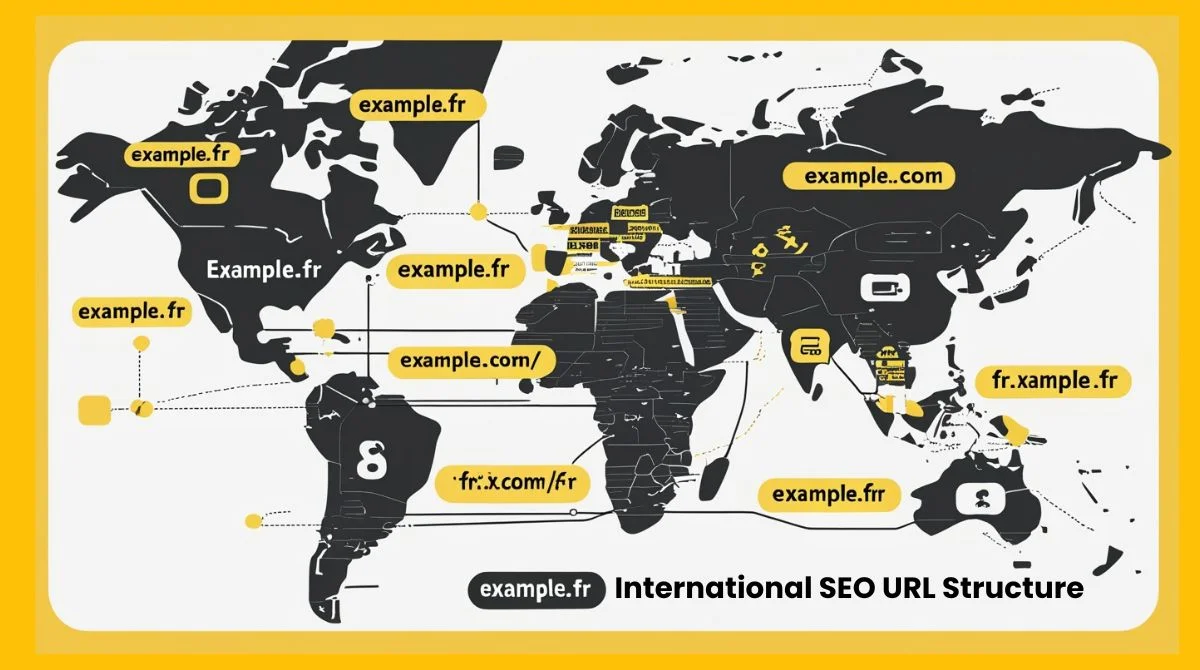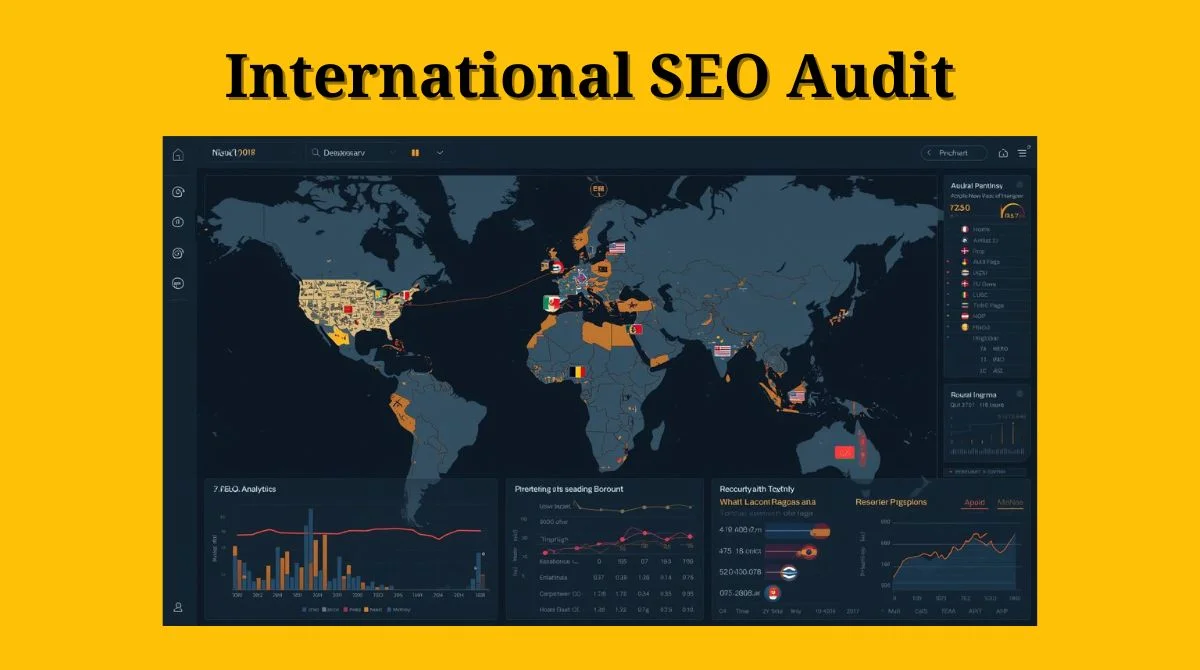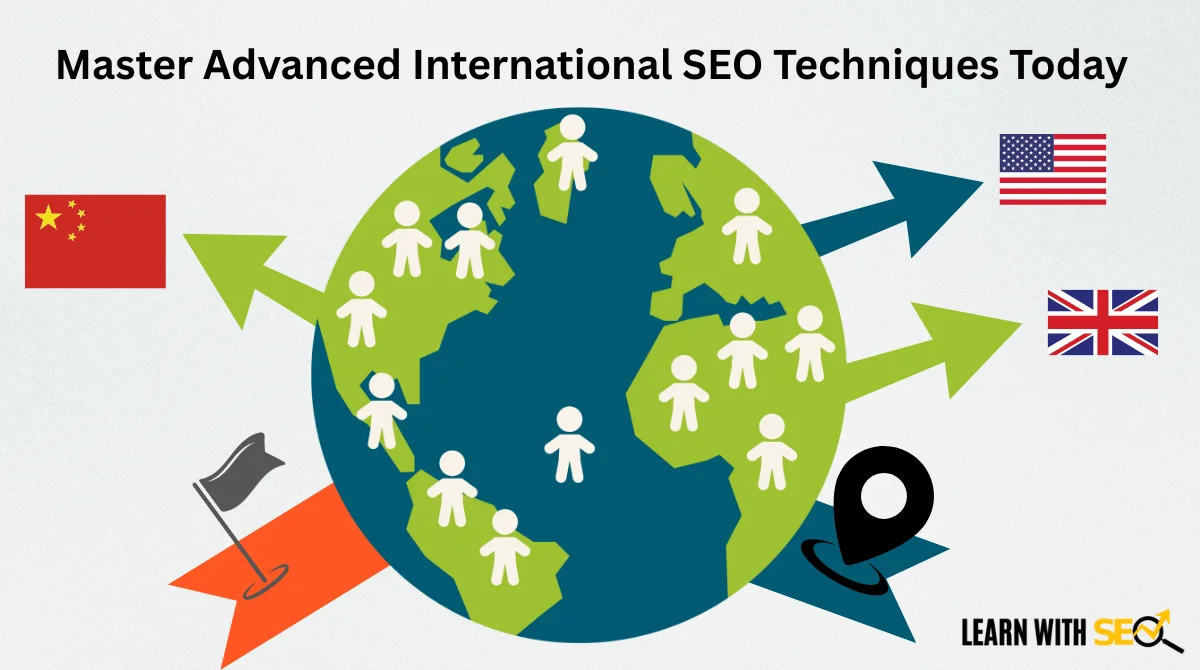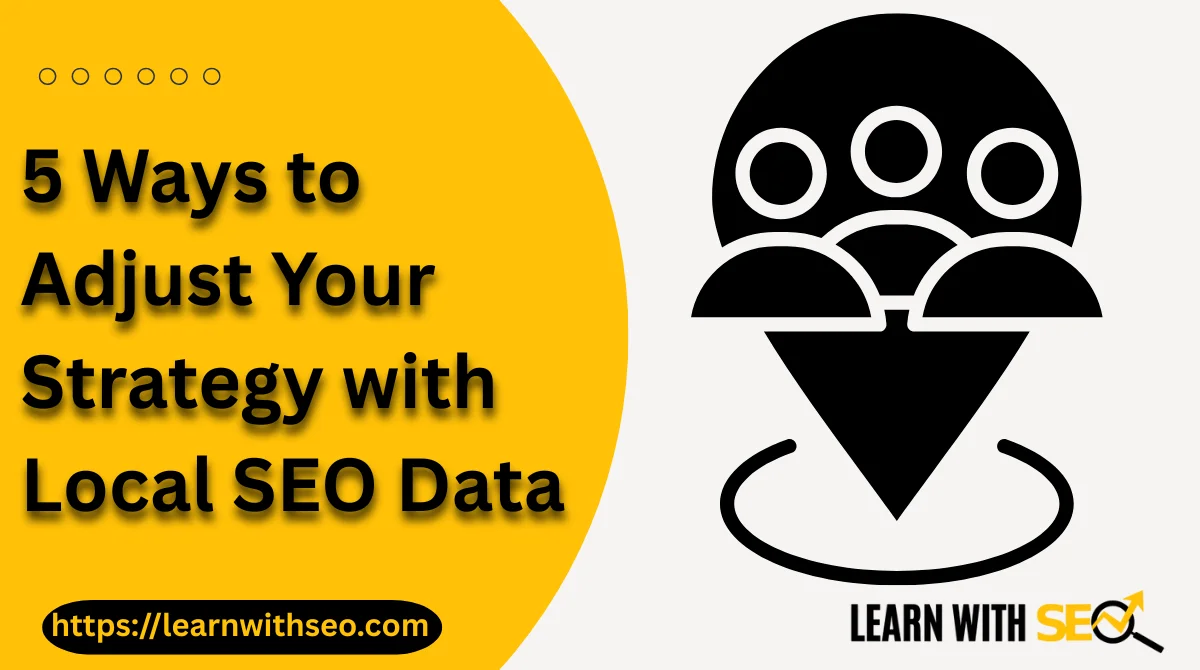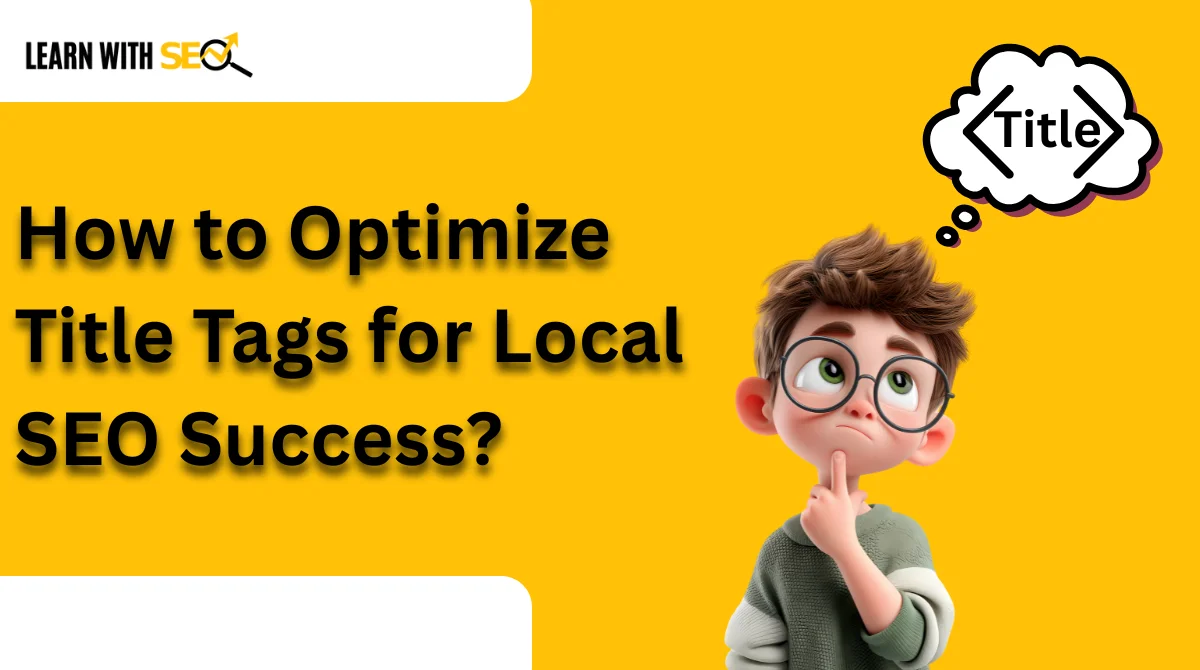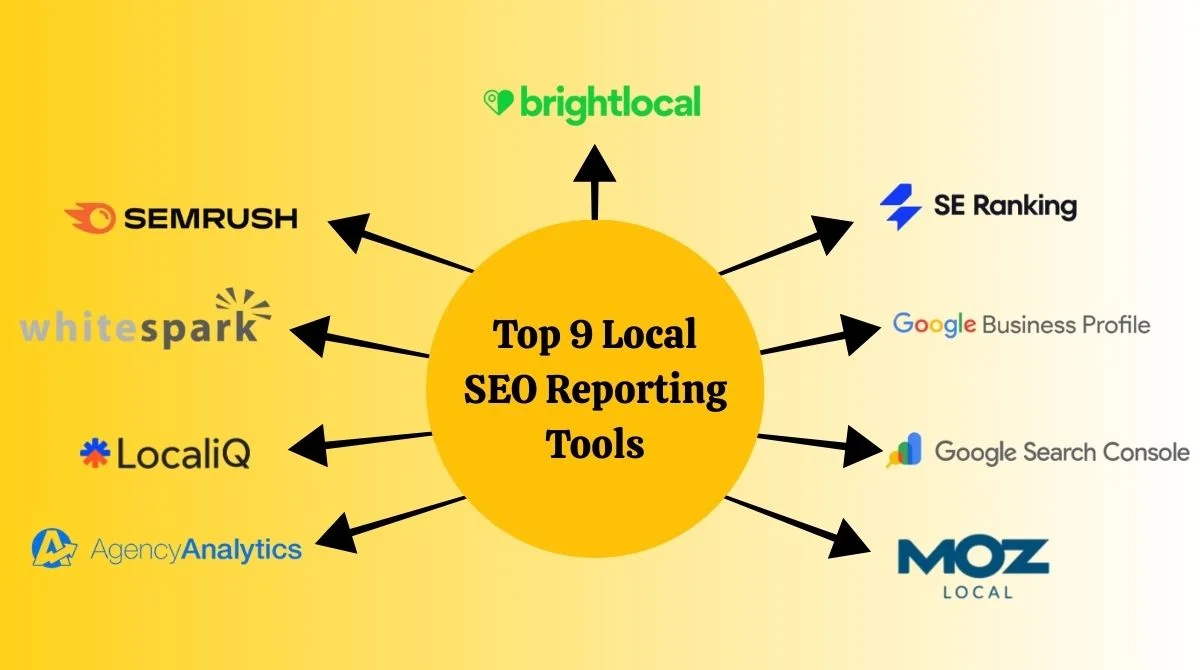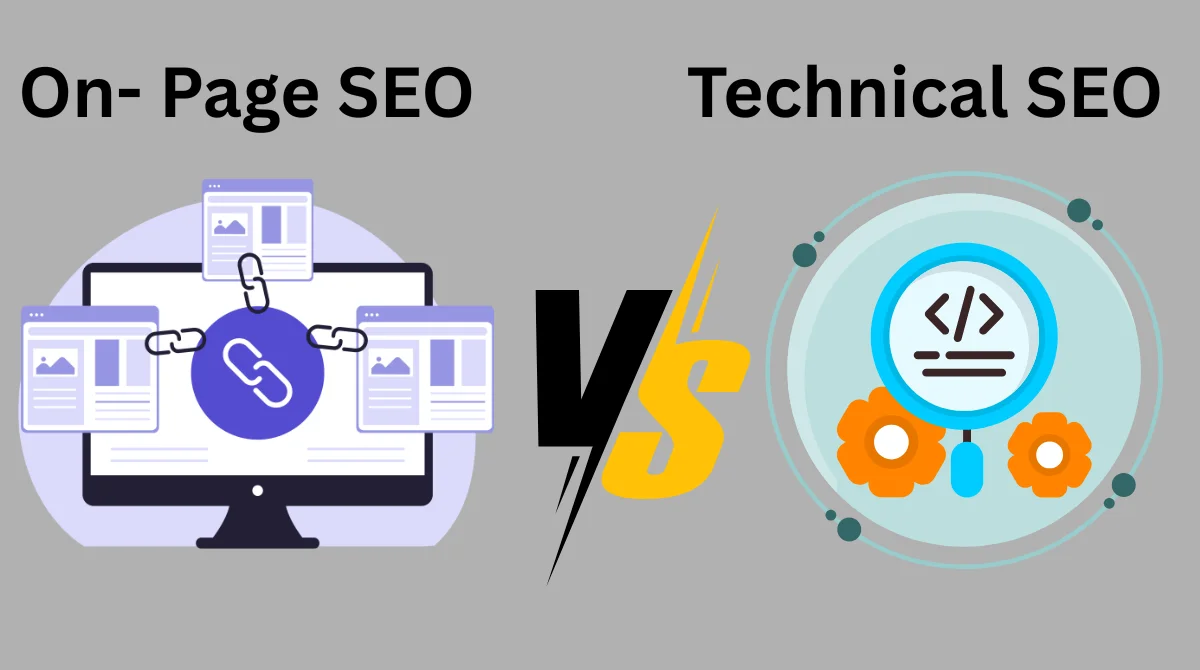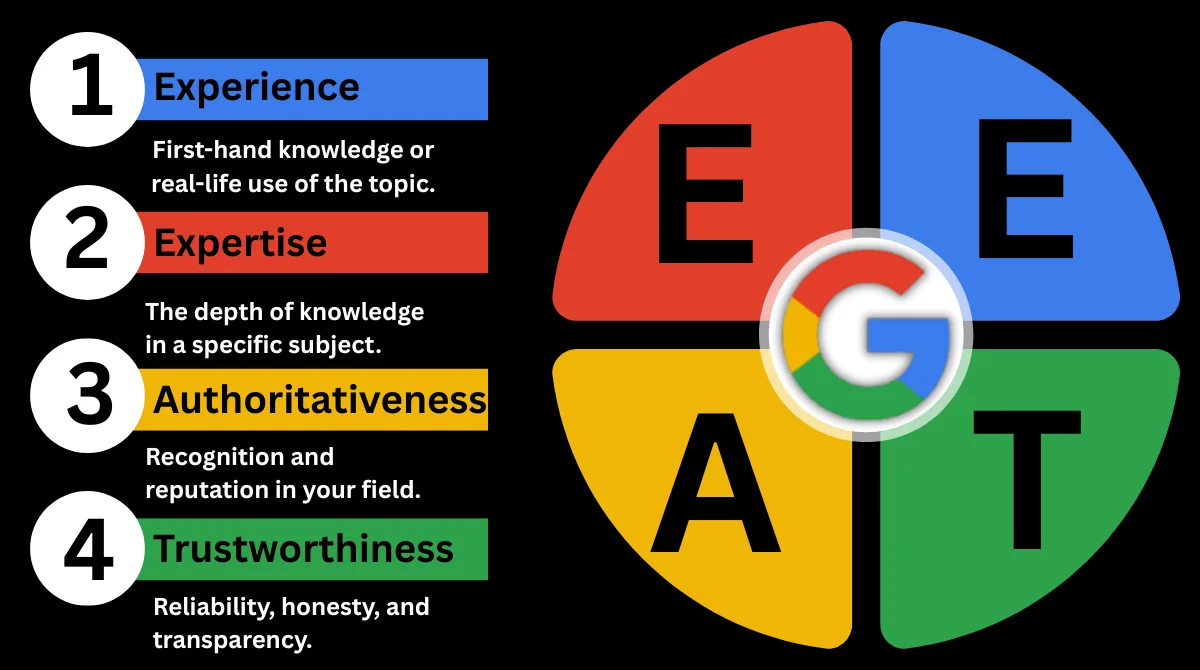- What is Content Marketing for SEO?
- How Content Marketing Helps SEO Rankings?
- Quality Content Requirements in 2025
- Content Types That Boost SEO Performance
- Technical SEO Benefits from Content Marketing
- Measuring Content Marketing SEO Success
- Best Practices for Content Marketing SEO
- Common Content Marketing SEO Mistakes
- Future of Content Marketing and SEO
- Conclusion
Content marketing and SEO work together like a perfect team. When you create valuable content, search engines notice and reward your website with better rankings.
Understanding how content marketing helps SEO is crucial for online success. The connection between these two strategies can transform your digital presence and drive more organic traffic to your website.
What is Content Marketing for SEO?
Content marketing for SEO means creating helpful, relevant content that both users and search engines love. This approach focuses on solving real problems for your audience while following SEO best practices. Good content marketing provides value to readers first. It answers questions, solves problems, and gives useful information that people actually want to read.
How Content Marketing Helps SEO Rankings?
Fresh Content Signals
Search engines favor websites that regularly publish new content. The best strategy is to focus on generating high-quality content that provides real value to human users rather than just targeting keywords.
Fresh content tells Google your website is active and relevant. This signal helps improve your overall search rankings and keeps visitors coming back for more.
Keyword Targeting Opportunities
Content marketing gives you more chances to target important keywords naturally. Each piece of content can focus on different keyword variations and related terms.
Long-form content allows you to include primary keywords, related terms, and semantic keywords. This comprehensive approach helps search engines understand your topic better.
Internal Linking Structure
More content creates more opportunities for internal links. These connections help search engines understand your website structure and pass authority between pages.
Strategic internal linking through content marketing can boost the rankings of your most important pages. It also helps users navigate your website more easily.
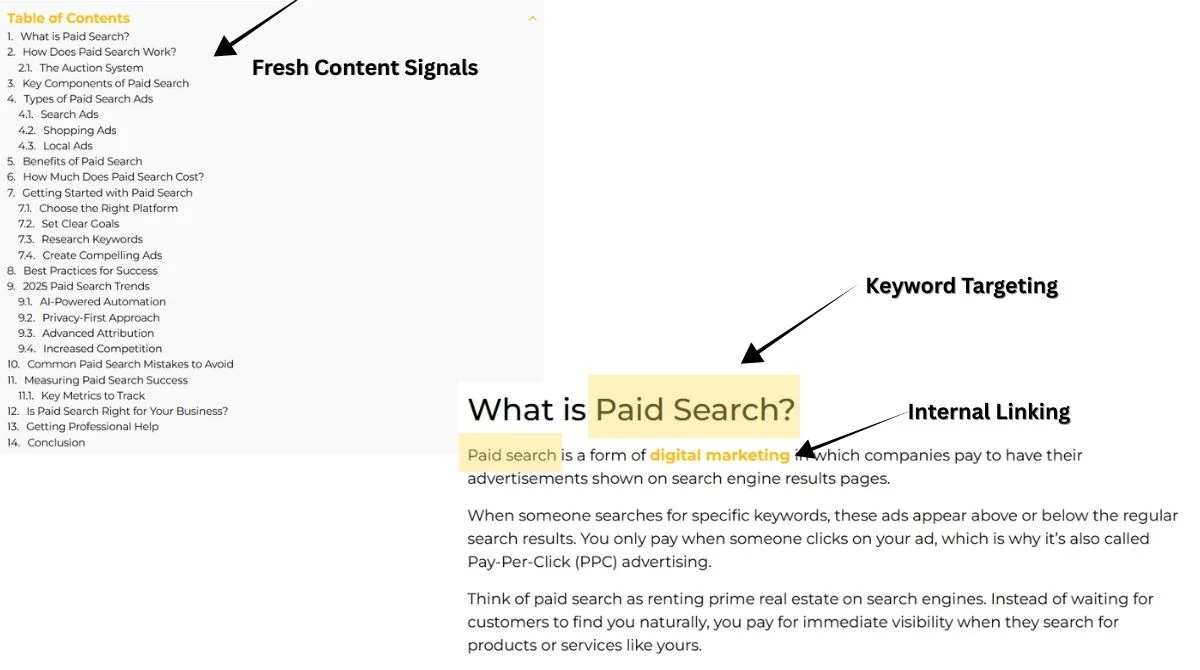
Quality Content Requirements in 2025
User-First Content Strategy
Google has aimed at enhancing the quality and relevance of search results with a stronger emphasis on user-centric content that directly addresses search intent. This means your content must genuinely help users.
User-first content answers real questions and provides actionable solutions. It focuses on helping people achieve their goals rather than just ranking high in search results.
Helpful Content System
Google’s Helpful Content System aims to ensure people see original, helpful content created for people in search results. This system rewards authentic, valuable content.
Your content should demonstrate expertise and provide unique insights. Generic or AI-generated content without human value will struggle to rank well.
Original and Authentic Content
Search engines can detect duplicate or low-quality content easily. Your content marketing efforts must focus on creating original, authentic material that stands out.
Authentic content reflects your brand voice and expertise. It builds trust with both users and search engines, leading to better long-term rankings.
Content Types That Boost SEO Performance
Blog Posts and Articles
Regular blog posts remain one of the most effective content marketing strategies for SEO. They provide opportunities to target multiple keywords and attract organic traffic.
Well-researched articles that answer common questions in your industry can rank for many different search terms. This broad visibility increases your overall organic reach.
Video Content
Video content has become increasingly important for SEO success. Search engines now prioritize diverse content formats that engage users effectively.
Videos keep visitors on your website longer, which sends positive signals to search engines. They also provide opportunities for video SEO optimization.
Interactive Content
62% of marketers plan to include interactive content in their strategies for 2025. Interactive elements like quizzes, calculators, and tools can significantly boost engagement.
Interactive content encourages users to spend more time on your pages. This increased engagement helps improve your search rankings and user experience.
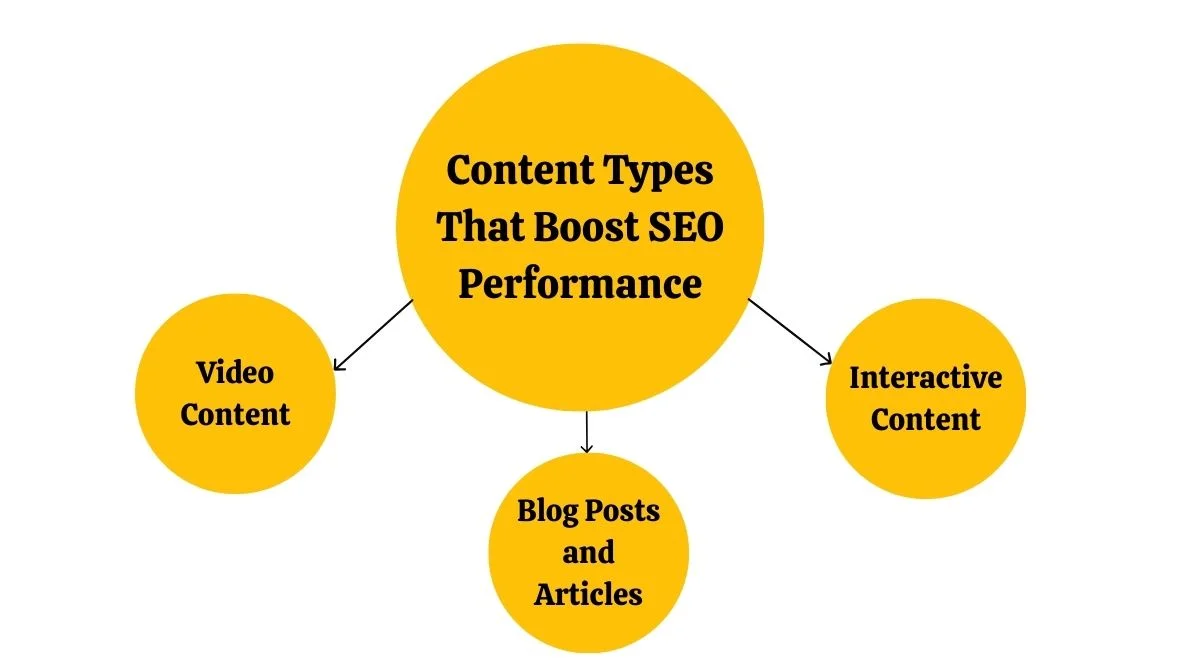
Technical SEO Benefits from Content Marketing
Improved Page Load Speed
Quality content often leads to better website optimization. When you focus on user experience, you naturally improve technical aspects that affect SEO.
Well-structured content with optimized images and proper formatting loads faster. This improved speed directly benefits your search engine rankings.
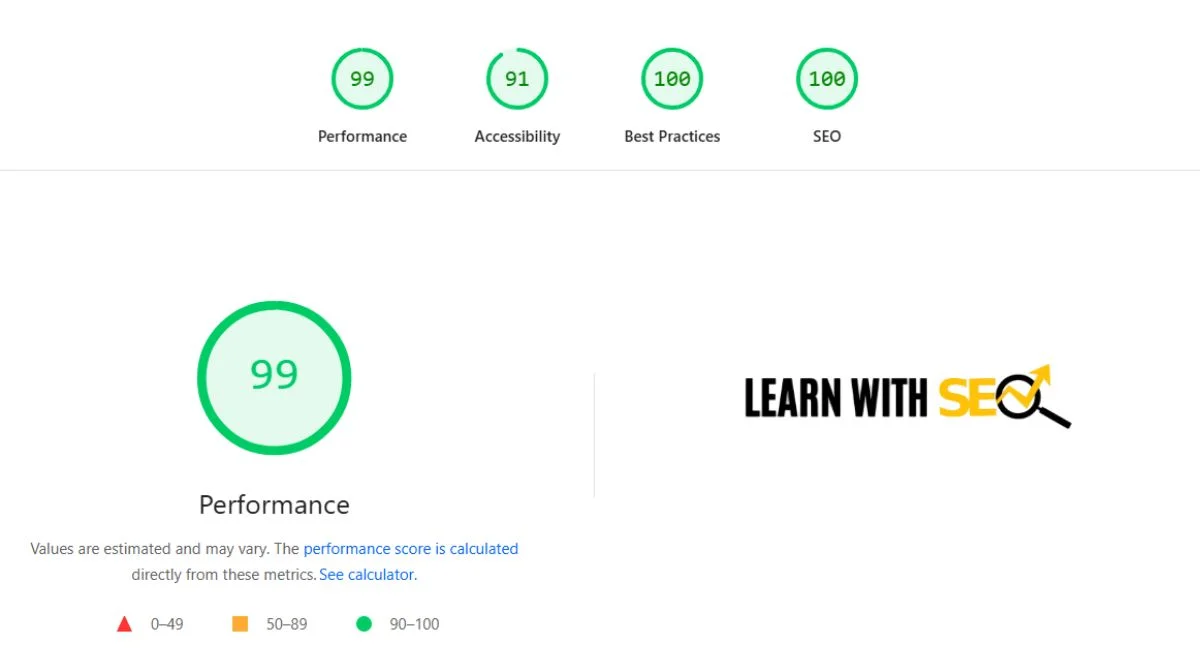
Better Mobile Experience
Content marketing forces you to consider how your content appears on mobile devices. Mobile-friendly content is essential for SEO success in 2025.
Responsive content design ensures your material looks great on all devices. This mobile optimization is a crucial ranking factor for search engines.
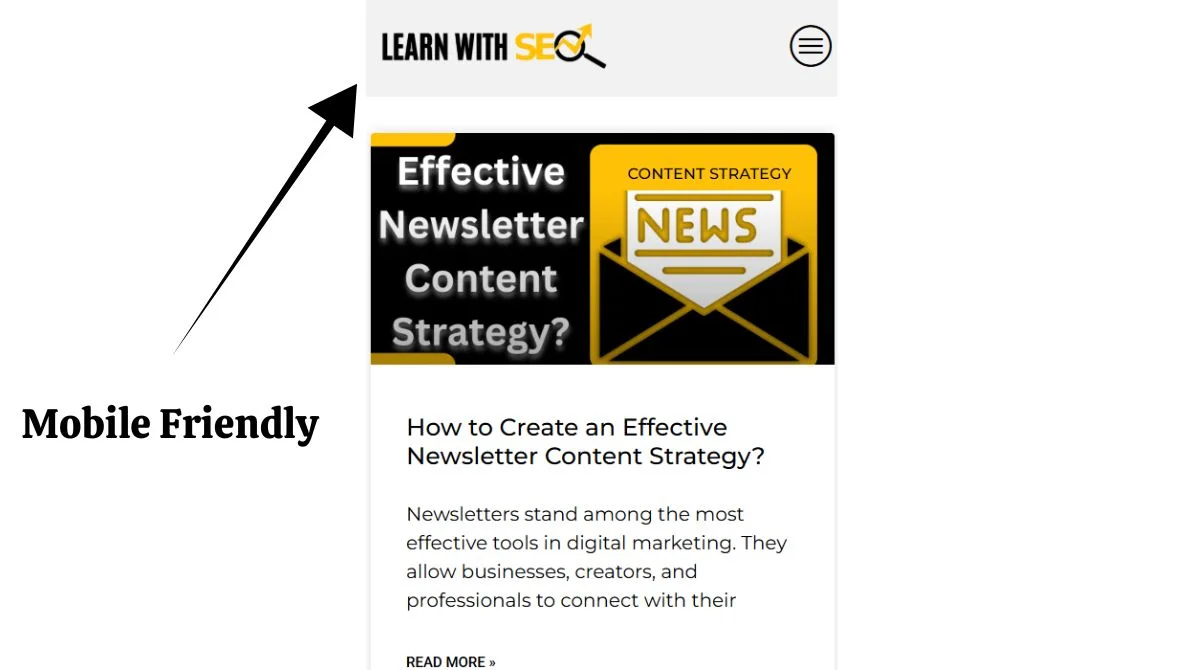
Schema Markup Opportunities
Structured data using markup in the content you’re sharing on your website continues to play a significant role as Google and other search engines learn about the internet.
Rich content provides more opportunities to implement schema markup. This structured data helps search engines understand and display your content better.
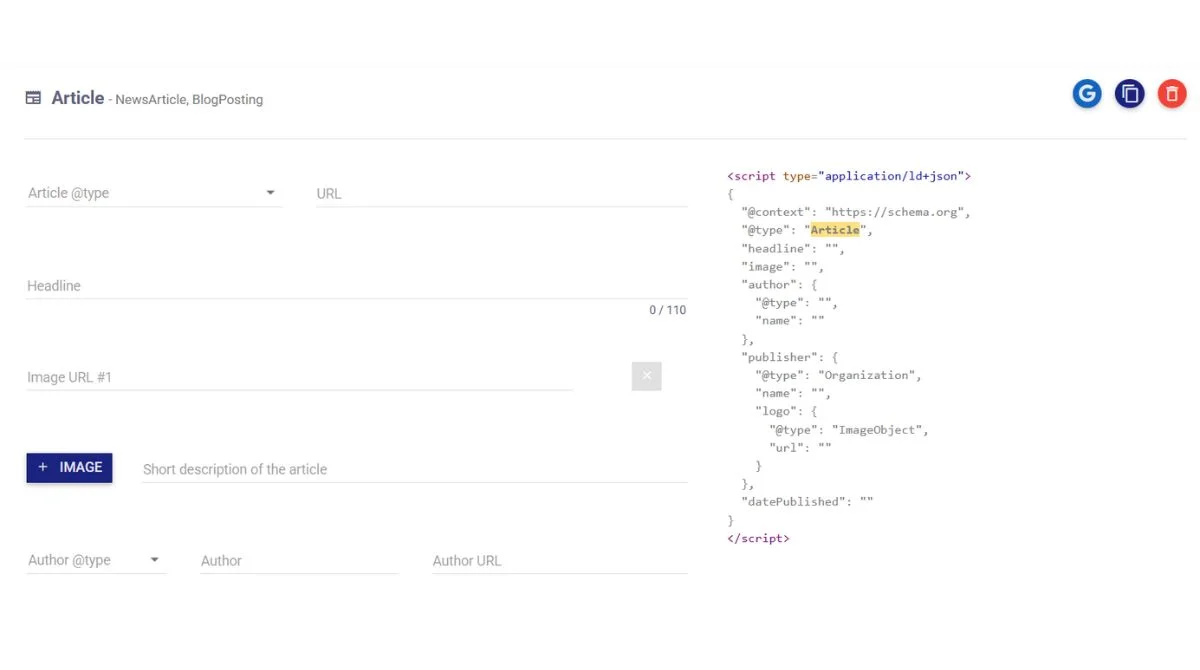
Measuring Content Marketing SEO Success
Organic Traffic Growth
Track how your content marketing efforts increase organic search traffic. Monitor which pieces of content drive the most visitors from search engines.
Use tools like Google Analytics to identify your best-performing content. This data helps you understand what type of content works best for your audience.
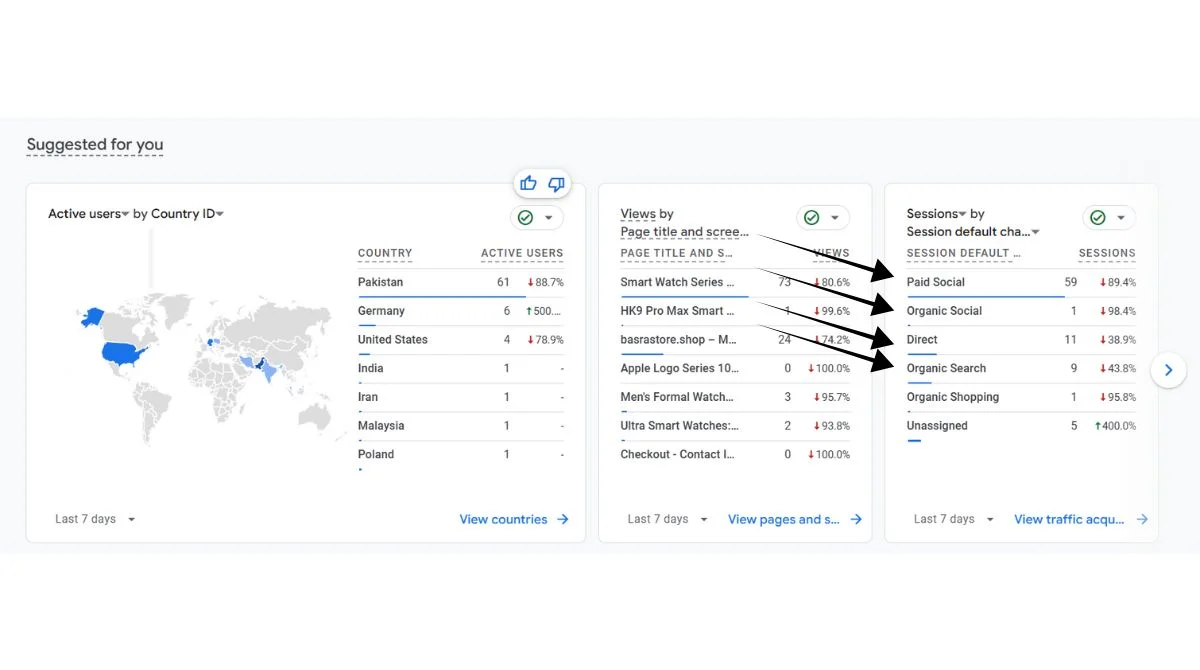
Keyword Ranking Improvements
Monitor how your target keywords improve over time with consistent content marketing. Track both primary and long-tail keyword rankings.
Regular content creation around specific topics helps establish topical authority. This authority leads to better rankings for related keywords and phrases.
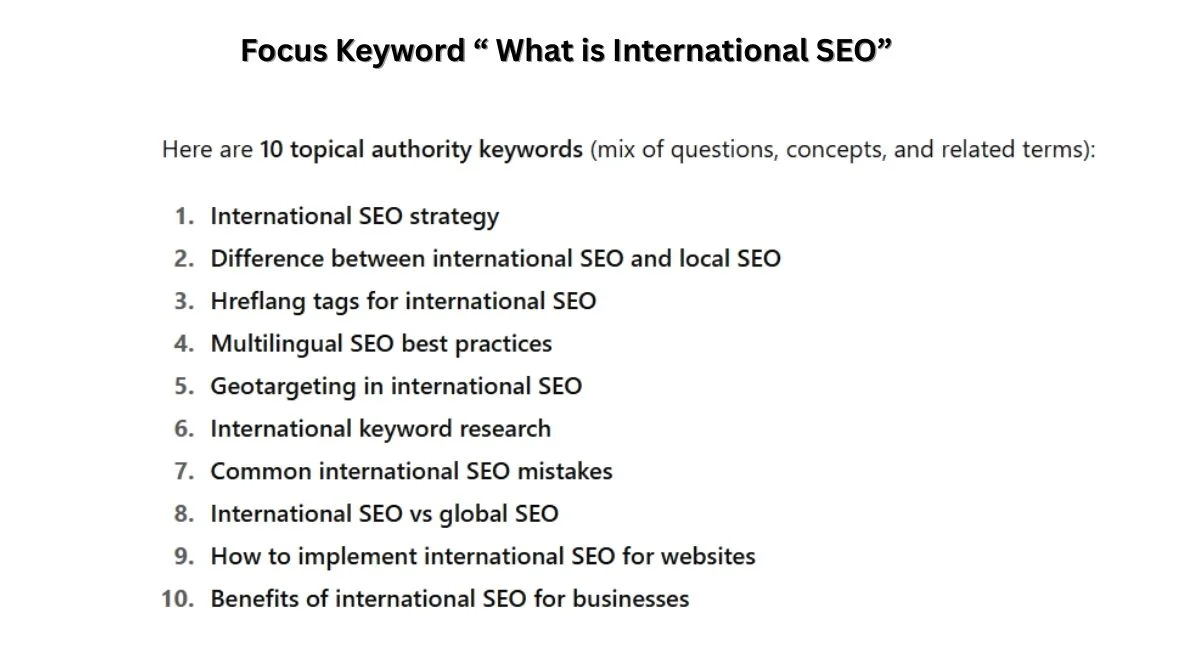
Engagement Metrics
Content marketing success goes beyond just rankings. Monitor metrics like time on page, bounce rate, and social shares to gauge content effectiveness.
Strong engagement signals show search engines that your content delivers real value. These positive user signals contribute to improved search rankings over time.
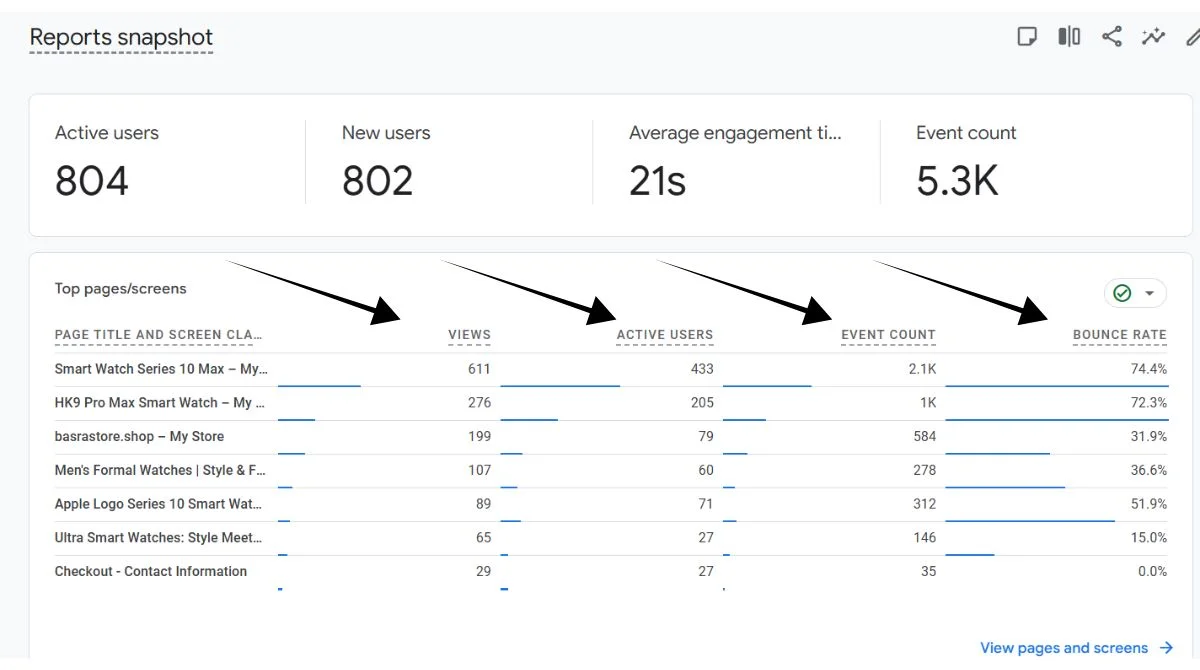
Best Practices for Content Marketing SEO
Research Before Writing
Always research your target keywords and audience needs before creating content. Understanding search intent helps you create more relevant, valuable content.
Use keyword research tools to identify opportunities and content gaps. This research ensures your content marketing efforts align with actual search demand.
Optimize for User Intent
Google’s AI-driven algorithm focuses on understanding the context and nuances of user queries, moving beyond just keyword matching. Your content must match what users actually want.
Different types of searches require different content approaches. Informational queries need educational content, while commercial queries need product-focused material.
Consistency is Key
Regular content publishing signals to search engines that your website is active and authoritative. Develop a content calendar to maintain consistency.
Consistent publishing also helps build audience expectations and loyalty. Regular readers are more likely to share your content and return to your website.
Common Content Marketing SEO Mistakes
Keyword Stuffing
Overusing keywords in your content hurts rather than helps your SEO efforts. Focus on natural language that serves your readers first. Modern search algorithms easily detect and penalize keyword stuffing. Write for humans first, and optimize for search engines second.
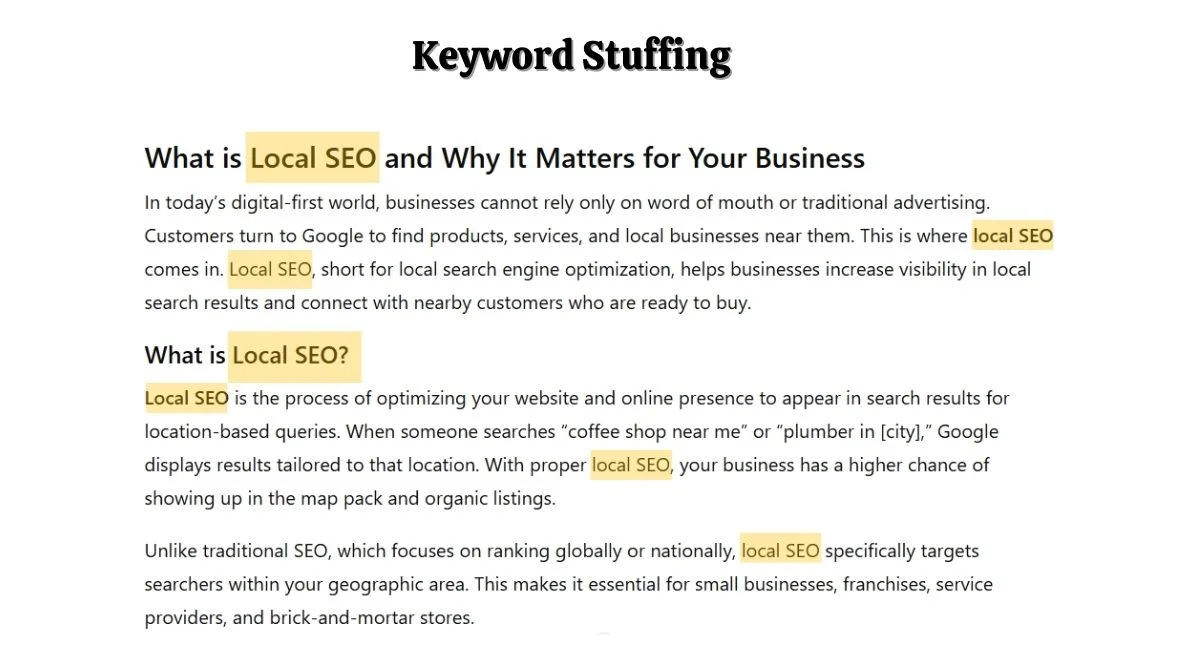
Ignoring Search Intent
Creating content without understanding what users actually want leads to poor performance. Always align your content with the searcher’s intent.
Search intent research helps you create content that actually satisfies user needs. This alignment improves both rankings and user satisfaction.
Neglecting Content Updates
Old content can become outdated and lose its search rankings over time. Regular content updates help maintain and improve your SEO performance.
Updating existing content is often more effective than creating new content. It leverages existing authority while providing fresh, relevant information.
Future of Content Marketing and SEO
AI and Content Quality
As AI-generated content grows, Google urges marketers to create material that not only meets but also surpasses quality expectations. AI tools can assist with content creation, but human expertise and oversight remain essential. Aim to develop content that brings unique value and meaningful insights.
Voice Search Optimization
Content marketing must adapt to voice search trends. Create content that answers conversational questions and uses natural language patterns.
Voice search questions are usually longer and framed in a conversational way. Optimize your content for these natural language patterns and question-based searches.
Visual Content Importance
Visual elements in content marketing continue to grow in importance for SEO. Include relevant images, infographics, and videos in your content strategy.
Visual content improves user engagement and provides additional optimization opportunities. Alt text and image optimization contribute to overall SEO success.
Conclusion
Content marketing helps SEO by providing fresh, valuable content that attracts both users and search engines. The relationship between quality content and search rankings continues to strengthen with each algorithm update. Success requires focusing on user needs first while following SEO best practices. Consistent, helpful content creation builds authority and improves search visibility over time. Remember that content marketing and SEO work best as long-term strategies. Stay consistent, monitor your results, and keep adapting to changing search engine requirements for sustained success.

